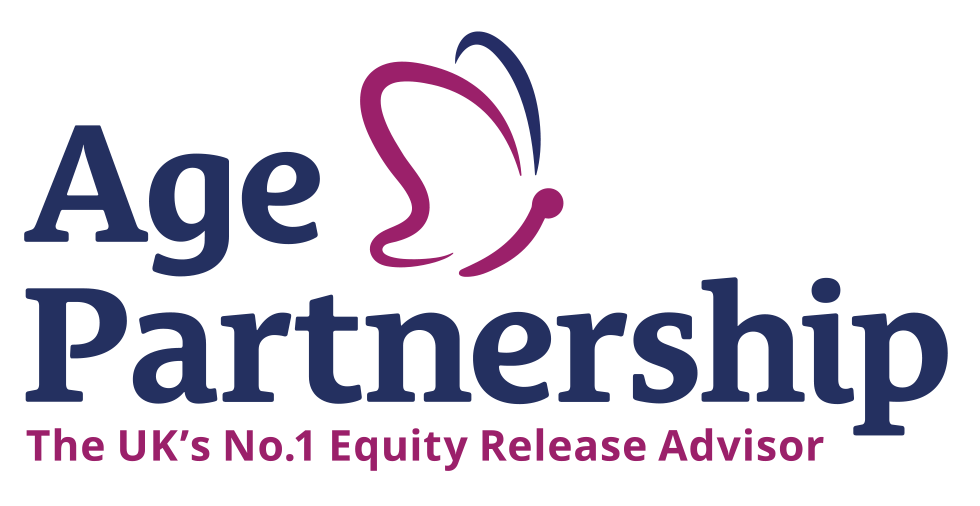The Financial Conduct Authority’s (FCA) recent ‘Consumer Duty Board Reports: good practice and areas for improvement’ review provides valuable insights for financial services firms, particularly regarding the crucial role of culture, people, risk and continuous improvement.
Here are three areas that caught our attention:
1) Honest self-assessment is the foundation for improvement in the eyes of the regulator
The FCA emphasises the importance of honest self-assessment. Firms must acknowledge their shortcomings and develop robust plans to address them. The regulator also views proactive identification and mitigation of risks as crucial to delivering against Consumer Duty.
Evidence of thorough reviews, such as the example of ‘one large bank reviewing 650+ operational and servicing communications and finding that 99% required changes’, demonstrates the level of scrutiny expected by the FCA.
The regulator’s emphasis on this best-practice example reinforces that Consumer Duty is not a once-and-done activity, and that their preference is for firms to conduct genuine, in-depth, continual assessments to identify and address problematic themes.
2) Firms must prioritise their culture and people
The FCA has underscored the significance of ‘culture and people’ as one of the key rating areas of report assessment criteria.
Since the inception of Consumer Duty, the regulator has continuously emphasised the need for firms to authentically embed Consumer Duty within their culture.
Now, with the publishing of the board report review findings, we are beginning to understand just how significant the weighting is on the cultural and people aspects under this regulation. So much so that commentary emphasising firms’ commitment to effectively implementing Consumer Duty – and the role a positive culture plays in delivering good outcomes – is referenced as one of the five key aspects of good board reporting by the regulator.
We now also know that firms cannot simply “say” that their firm’s culture is “compatible and aligned” with Consumer Duty – there must be concrete evidence to support this statement.
Examples of the types of evidence provided by other firms include: ‘details on staff training, remuneration and performance management practices’. Specific data examples cited include: ‘the number or proportion of staff that had completed training on Duty-related outcomes, including vulnerability-specific training’.
Good reports also specifically referenced how firms had undertaken ‘people initiatives’ to ensure that the Consumer Duty was embedded in the culture of the firm, alongside how the business strategy of the firm would ensure customers receive good outcomes in the future.
3) Data is king – and continuous improvement is the name of the game
Data is certainly seen as king in the eyes of the FCA when it comes to robust Consumer Duty reporting, and the review gives firms a detailed insight into best-practice data collection methodologies.
Good practice for compiling reports includes having ‘better monitoring abilities and mitigation of the risks associated with undetected issues’.
Specifically, in relation to the Consumer Support outcome, for example, the FCA highlighted that a comprehensive view of a firm’s approach, with details of positive actions taken since the Duty’s introduction, is deemed as best practice.
Examples of data sources included:
- Details given on the improvements made to training frontline staff who have direct interaction with customers.
- Good reports were linked by their ability to assure the board that they had taken effective action to resolve issues and manage risks, supported by a variety of metrics from their monitoring.
In relation to Consumer Duty reporting as a whole, best practice includes:
- Good reports evidenced dedicated sections focussed on each of the four outcomes, detailing what good outcomes looked like for customers holding their products.
- Good quality Management Information (MI) backed up the firm’s conclusions.
- Consideration of different groups of customers, including those with characteristics of vulnerability.
- Having processes in place for producing reports for firms’ governing bodies to review and approve within the necessary timeframe.
- Good reports were produced over a sufficient time period to allow for relevant business areas, forums, and committees to be involved in the production of it.
Conclusion
The FCA’s review of Consumer Duty board reports offers three crucial points for firms to consider.
Firstly, honest self-assessment is paramount. Firms must proactively identify and address shortcomings, as evidenced by the FCA’s emphasis on the example of the bank reviewing 650+ communications. This demonstrates the regulator’s expectation of genuine introspection and a commitment to continuous improvement.
Secondly, the review highlights the fundamental role of culture and people in successful Consumer Duty implementation. Firms must demonstrate how their culture and people practices, including staff training, remuneration, and performance management, actively support the delivery of good customer outcomes. Simply stating alignment with Consumer Duty is insufficient – evidence is required.
Finally, data-driven decision making and continuous improvement are essential. Robust data collection, analysis, and monitoring are crucial for identifying and mitigating risks. The review emphasises the importance of utilising a range of data sources to support conclusions, considering the needs of diverse customer segments, and ensuring that reports reflect a comprehensive view of the firm’s approach to Consumer Duty.
Read case studies to learn more about how we’re supporting firms…

9% improvement
in Customer Outcomes

62.5% reduction
in complaints

A transformative impact
on colleague in-role development

Authentic approach
to FCA’s Consumer Duty

30% improvement
in advisor speed to competence
